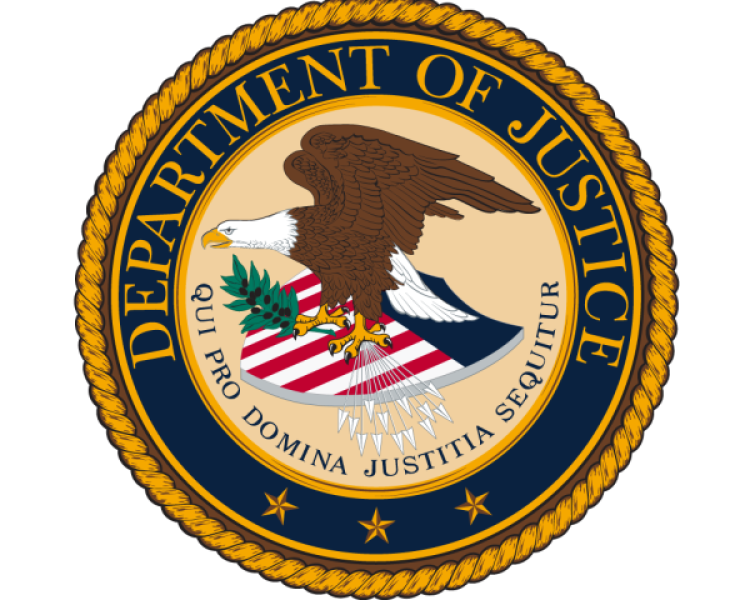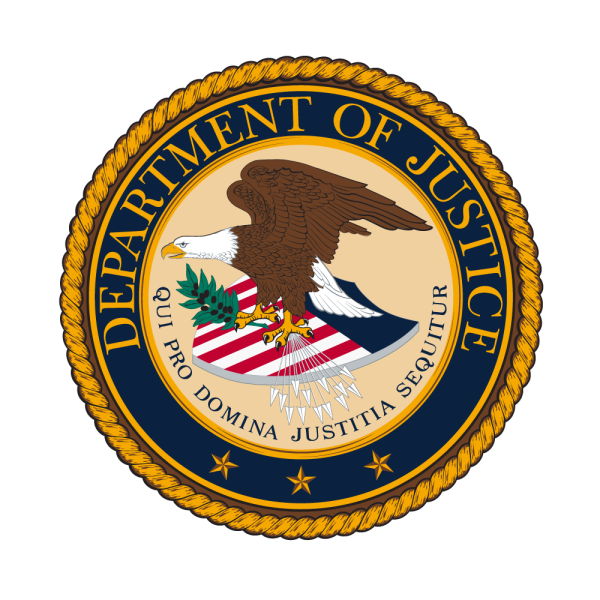U.S. Attorney General Pam Bondi sent a letter to WA Governor Bob Ferguson, demanding that the state end its sanctuary policies by August 19, 2025, or face the loss of federal funding and potential criminal lawsuits.
The Department of Justice says WA State qualifies as a sanctuary jurisdiction, requiring immediate steps to repeal related policies and affirm compliance with federal statutes, or face potential legal and financial consequences.
The letter is pursuant to President Trump’s April 28, 2025, Executive Order 14287, ”Protecting American Communities from Criminal Aliens,” and was sent to those sanctuary jurisdictions that have policies not following federal law.
Prior administrations allowed millions of aliens to enter the US illegally. The resulting public safety and national security risks are well documented and exacerbated by the presence of and control of territory by international cartels and other transnational criminal organizations along the southern border, as well as terrorists and other malign actors who intend to harm the US and the American people. This invasion requires the Federal Government to take measures to fulfill its obligation to the States.
Beyond the intolerable national security risks, sanctuary jurisdictions violate Federal criminal laws, including those prohibiting obstruction of justice (18 U.S.C. 1501 et seq.), unlawfully harboring or hiring illegal aliens (8 U.S.C. 1324), conspiracy against the United States (18 U.S.C. 371), and conspiracy to impede Federal law enforcement (18 U.S.C. 372). Assisting aliens in violating Federal immigration law could also violate the Racketeer Influenced and Corrupt Organizations Act (18 U.S.C. 1961 et seq.).
The US Constitution provides the Federal Government with plenary authority regarding immigration to protect the sovereignty of our Nation. Article II of the Constitution vests the power to protect national security and conduct foreign policy in the President, and Article IV, Section 4, requires the Federal Government to “protect each of [the States] against invasion.” This Federal power over immigration is also an inherent element of national sovereignty.
The EO directs the US AG and the Secretary of Homeland Security to identify jurisdictions with sanctuary policies that are breaking federal law by hindering federal immigration enforcement, specifically U.S. Immigration and Customs Enforcement (ICE), and to notify these jurisdictions of their status, and evaluate options for adding immigration-related conditions to federal grants and contracts.
The DOJ has already pursued legal action against other sanctuary jurisdictions like Illinois, Cook County, and Chicago, seeking to invalidate similar state and local laws.
Sanctuary Jurisdiction characteristics include:
Public Declarations: Cities, states, or counties that publicly declare themselves a sanctuary jurisdiction or equivalent, with the intent to undermine federal immigration enforcement.
Laws, Ordinances, Executive Directives: Cities, states, or counties that have laws, ordinances, regulations, resolutions, policies, or other formalized practices that obstruct or limit local law enforcement cooperation with U.S. Immigration and Customs Enforcement (ICE).
Restrictions on Information Sharing: Cities, states, or counties that limit whether and how local agencies share information about immigration status of detainees with federal authorities.
Funding Restrictions: Cities, states, or counties that prohibit local funds or resources from being used to support federal immigration enforcement efforts.
Non-cooperation with Federal Immigration Enforcement: Cities, states, or counties that provide training to city employees and police on enforcing sanctuary policies and declining to respond to ICE requests for information.
Limits on ICE Detainers: Cities, states, or counties that refuse to honor ICE detainer requests unless there is a warrant signed by a judge.
Jail Access Restrictions: Cities, states, or counties that restrict ICE agents’ ability to interview detainees absent detainee consent.
Immigrant Community Affairs Offices: Cities, states, or counties that create dedicated offices to engage and advise illegal alien communities on evading federal law enforcement officers.
Federal Benefit Programs: Cities, states, or counties that circumvent federal laws prohibiting the provision of federal benefits to illegal aliens and provide them with access to benefits, including health care assistance, legal aid, food and housing assistance, and other subsidies. This includes cities, states, or counties that establish stand-alone benefit programs or equivalents.
The DOJ identified “Sanctuary” jurisdictions listed also include the city of Seattle. Most obviously, the state of Washington and the city of Seattle are violating federal law. The DOJ wants federal law to be enforced!
In the first 100 days of Trump’s second term, ICE arrested 66,463 illegal aliens and removed 65,682. Illegal border crossings have plummeted in 2025, with U.S. Border Patrol reporting just 8,725 encounters in May and 8,024 in June, marking historic lows.
Estimates from the Center for Immigration Studies indicate approximately 15 million illegal aliens reside in the US as of mid-2025, down from earlier peaks. In WA state, the undocumented population is estimated at around 250,000, based on household income and tax contributions data. President Trump posted on social media commemorating the 90th anniversary of Social Security that his team “removed 275,000 illegal aliens from the [Social Security] system.”
Gov. Ferguson and AG Brown have been responding to the DOJ letter with typical leftist false rhetoric, conflating “law-abiding” illegal immigrants and “criminal” illegal immigrants, saying Trump is targeting legal immigrants, etc.
It will be interesting to hear what Ferguson has to say on Tuesday. Expect a typical Democrat “Blame and Sue Trump on Everything” approach…
OF NOTE: State Rep. and WAGOP State Chair Jim Walsh says, “the DOJ letter may be the most important document in recent WA political history. The current governor & state AG's responses will define their political careers. This goes beyond details of immigration policy. It gets to core values of law & civil society.”
Share This Post...











